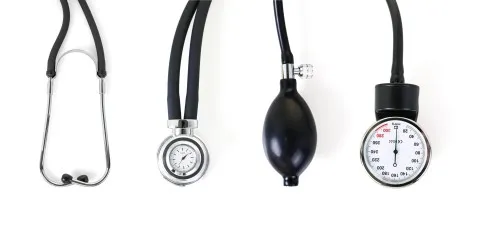
Health care plans don't work for nearly 2 in 5 employees
Employers could not be getting a good return on their investments in health.
Even if health care programs at work are being appreciated, employers are not getting a good return on their investments (ROI), Willis Towers Watson revealed. It revealed that only 51% of employees say health care plans offered by employers meet their needs, whilst only 36% agree that health and well-being initiatives helped their needs.
According to its Global Benefits Attitudes Survey, 84% of employers said that increasing the health and well-being of their workers is a top priority for them. However, only 36% of employers agree that their needs are addressed.
The survey also found a disconnect on the ROI of well-being initiatives, with 53% of employers believing their programs have encouraged staff to live healthier lifestyles, but only 34% of employees agreeing with this.
Amitabh Deka, regional consultant of benefits & wellness advisory for Asia & Australia at Willis Towers Watson, noted that the key to customising benefits for employers is for businesses to recognise that health and well-being issues are interconnected.
Willis Towers Watson Singapore head of health & benefits Audrey Tan suggested that employers should rethink programs to make sure they create and encourage long-term behavioural changes. "If companies can take care of their workforce, employees can in turn take care of the overall business and its performance," she added.
Organising analytics like medical claim data, financial and nonfinancial metrics, or measure of health risks, to establish a baseline and test the effectiveness of health care and well-being programs is one step employers could do to step up benefits for employers, according to Willis Towers Watson. The firm also suggested giving financial incentives as part of benefits offerings.
Willis Towers Watson further said that employers can leverage technology like online tools to promote health management among employees.
The survey was conducted in July and August 2017 with 9,462 responses from 30,000 private sector employees working in Australia, China, Hong Kong, India, Japan, the Philippines, and Singapore.


















 Advertise
Advertise


